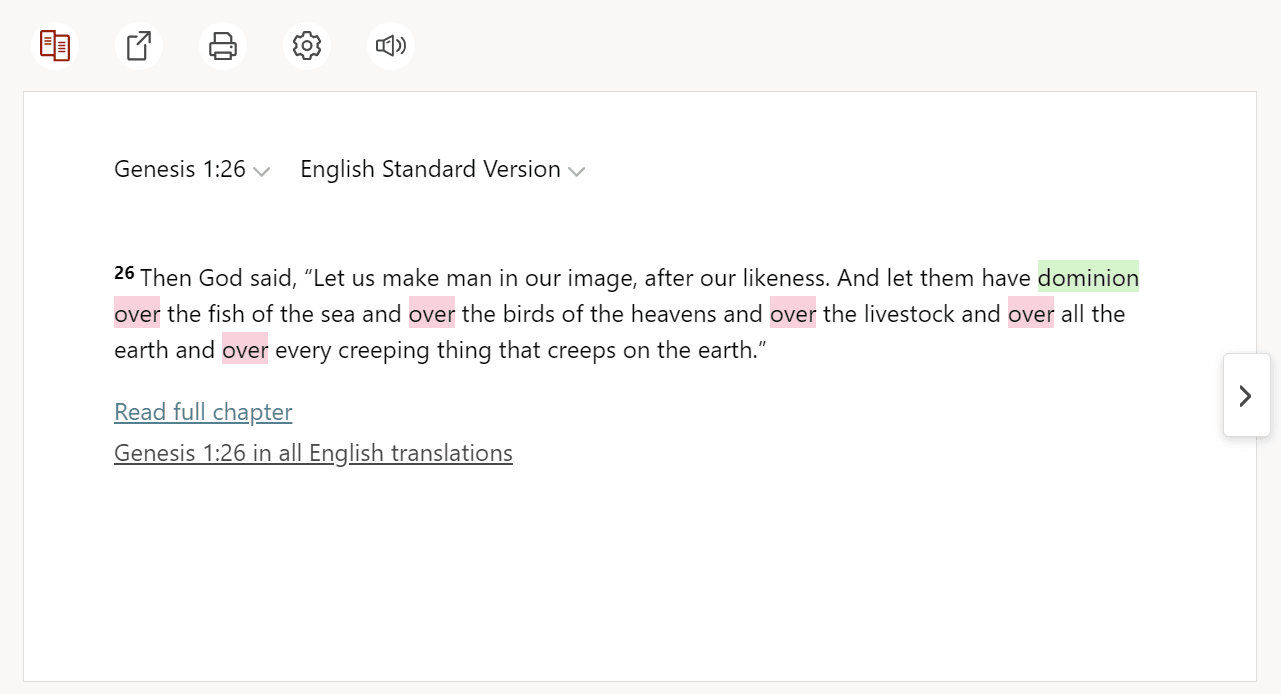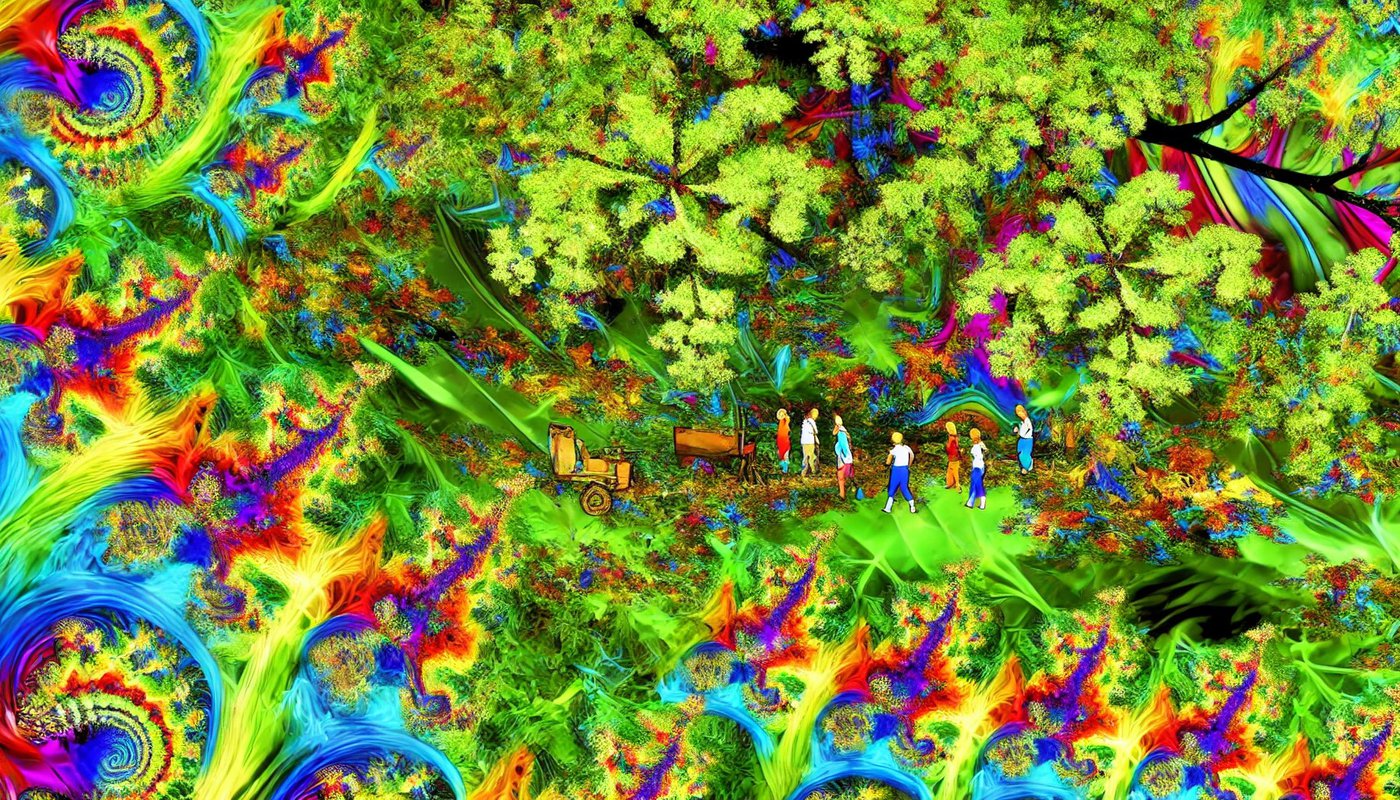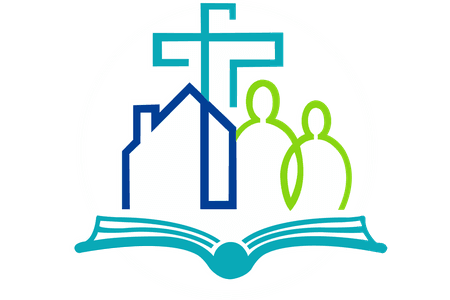
Over, Under, Sideways, Down
 img:biblegateway.com
img:biblegateway.comOVER, UNDER, SIDEWAYS, DOWN
There is one question that I never get asked, and that’s a tragedy.
The question is this, “Hey Pastor Sparling, what’s the greatest rock band ever?”
I understand why people might forget to ask me this important question, because maybe I don’t look like an expert on the subject.
Well, OK, I’m not.
However, if someone were to ask me that question, I’d be correct in answering, “The Yardbirds”.
I won’t trouble you with the history of the Yardbirds, but suffice to say that Jeff Beck is the greatest electric guitar player who ever lived, and his work on the Yardbirds was groundbreaking.
The title of this essay is stolen from a Yardbirds song by the same name.
As far as I can tell, this essay is the only connection between the Yardbirds and Genesis 1:26.
So yes, I just pontificated on the Yardbirds for no good reason. Now let’s talk about Genesis 1:26, what God means by “dominion”, and why it’s important for Christians to be able to communicate this verse in today’s world.
OVER
A quick look at multiple translations of this verse makes the obvious point that nearly everyone understands “dominion” to be something that places human beings “over” every other aspect of creation.
…over the birds, over the fish, over the livestock… “over”.
Indeed, verse 28 of chapter 1 says that the goal of humanity’s dominion is to “subdue” creation.
The essence of that word, “subdue”, in verse 28 is that by being fruitful and multiplying, humankind will become the responsible party in all of God’s creation.
The words “dominion” and “subdue” imply “lordship”.
That’s where the translators get the idea that our dominion is something that places us “over” every other aspect of creation.
We have lordship. And, especially in English, “lordship” is something that is done from “above”.
But what if that translation is missing something important?
It’s undeniable that the “lordship, dominion, and subdue” theme has caused some confusion in our culture.
The confusion is not the fault of Scripture, mind you.
The confusion begins when human beings mistakenly think of themselves as autonomous, independent beings whose world centers on themselves.
To put it another way, the more we move away from the notion that human beings are made by God, in the image of God, the easier it is to regard humanity as autonomous and independent.
Gustav Wingren, in his 1981 book, “Credo: The Christian View of Faith and Life”, proposes the following:
“...the combining of Greek and biblical views, [in Europe and America] …” has created “a notion of dominion which in turn has given rise to technology and industrialization and finally to environmental destruction on a global scale. Nowhere in the civilization of these countries have people really felt at home in the biblical picture of the world with its deep sense of unity between the human, the animal, and the vegetative.” p.51
Wingren is no environmental alarmist. He is merely observing what we can all see, that Western culture has adopted an attitude towards creation that sometimes leads to unnecessary destruction of beauty.
This is a result of a tragic misunderstanding of the meaning of dominion, or lordship, in Scripture.
The problem is the word “over”.
UNDER
The word “over” does not actually appear in the Hebrew text.
There is a preposition there, a single Hebrew letter “bet”, the second letter of the Hebrew alphabet.
ב That, right there, is a Hebrew bet.
This preposition is normally translated in one of three ways, “in, with, or to/towards”.
As I suggested above, I think the translators are getting their cue for “over” from the word “subdue”.
But what if the Biblical concept of lordship isn’t something that is done from “above”, but instead from “below”?
Let’s look at God’s style of Lordship.
Specifically, let’s look at Lordship as it was exercised by God in human form: the Lordship of Jesus Christ.
Christians are fond of referring to Jesus Christ as “Lord”. This is something they learn to do directly from Scripture.
Jesus is our Lord.
What did Jesus do with His Lordship?
He “came down” from heaven, for starters. In other words, what Jesus did could better be described by the words, “in, with, and to/towards”.
Jesus’ first act of Lordship was to lower Himself - to associate Himself completely with the rest of humanity.
From that point on, Jesus became more and more obviously a servant.
He bore our sinful burden. He washed the disciples’ feet. He fed the poor. He shared table with the lowliest of society.
Jesus exercised “Lordship” from “under”.
That is God’s style of lordship. He supports. He uplifts, He provides the foundation and underpinning for life.
When He exercises lordship, He lords it under.
His lordship is our pattern for dominion.
Human beings cannot exercise lordship over that to which God gave them dominion; we are created to exercise lordship under the creation.
Perhaps it is our wrong minded expression of dominion that causes “all creation to groan”...
If God has placed us “over” the rest of creation, it’s easy to understand how and why so many people are resentful of Christians and their theology.
We were created to serve, but our attitude is one of being served.
Again, this sinful attitude has been forgiven by Jesus Christ through His death and resurrection, but it’s this same Jesus who bids us, “go and sin no more”.
To put it another way, Jesus Christ “subdues” the Christian Church by humbling Himself, becoming a servant, by exercising dominion UNDER creation.

SIDEWAYS
When we start to get this right, our eyes are opened in the direction God intends.
Yes, there is a perspective from “above” in some respect when we consider our relationship with the non-human creation.
The way I take care of my dog, for instance, has a necessary ingredient of my authority “over” her. Treating her as my equal would lead to chaos.
I still have lordship under her, though, insofar as my dominion is one of servitude. I buy her food, take time to play with her, and clean up her messes. A LOT of them!
But the most important transformation that occurs when we adopt Jesus’ model of lordship is how we view our fellow humankind.
We cannot ever regard another human person as inferior to ourselves.
Instead, we understand that in creating us, God has placed us in a human community where each of us is a servant to the others.
We are our “brother’s keeper”.
I’m not sure if he is profound or overly simplistic, but in his 1957 book called “Christian Faith and Natural Science”, Karl Heim wrote, “Existence is also essentially coexistence.”
Rugged individualists take note: true individualism isn’t rugged, it’s impossible.
If you’ve been designed in the image of God, then you’ve been made to love and care for all other human creatures just as God does.
DOWN
If the Christian Church would only get this one thing right, our positive impact in the world would exponentially multiply.
Though his solution is completely misguided and evil, Karl Marx was at least attempting to address the right problem.
Too many people look down on too many other people.
Marx’s solution seemed to be to just drag everyone down to the lowest possible level.
(Of course, Marx needed a ruling class who would forcefully implement this leveling, one of many problems with Marx...)
Marxism is essentially the completely opposite solution to a very real problem.
Christ’s solution - which is the church’s clarion call - is to lift people up.
Instead of creating a ruling class which forces everyone else down to the lowest common denominator, Christianity lowers itself.
Christians humble themselves… they go “down” as far as it takes to support, then lift up their neighbors.
“We love because He first loved us,” John reminds us in his first epistle.
Christians serve like this at home, in our occupation, in our society, and in the congregation.
We serve a family community, an economic community, a political community, and a worshiping community.
This is the dominion we have been given by God, and when done well (read the book of Acts), the Word of the Lord grows like wildfire.
Want to talk more about it? Contact us at goodshepherd.info.
Closing Prayer
Lord of all creation, you humbled yourself so that I could be lifted out of my selfish, individualistic pride. Thank you for the gift of faith and forgiveness. Help me now to see your world through your eyes; to humble myself in service to others. Amen.



